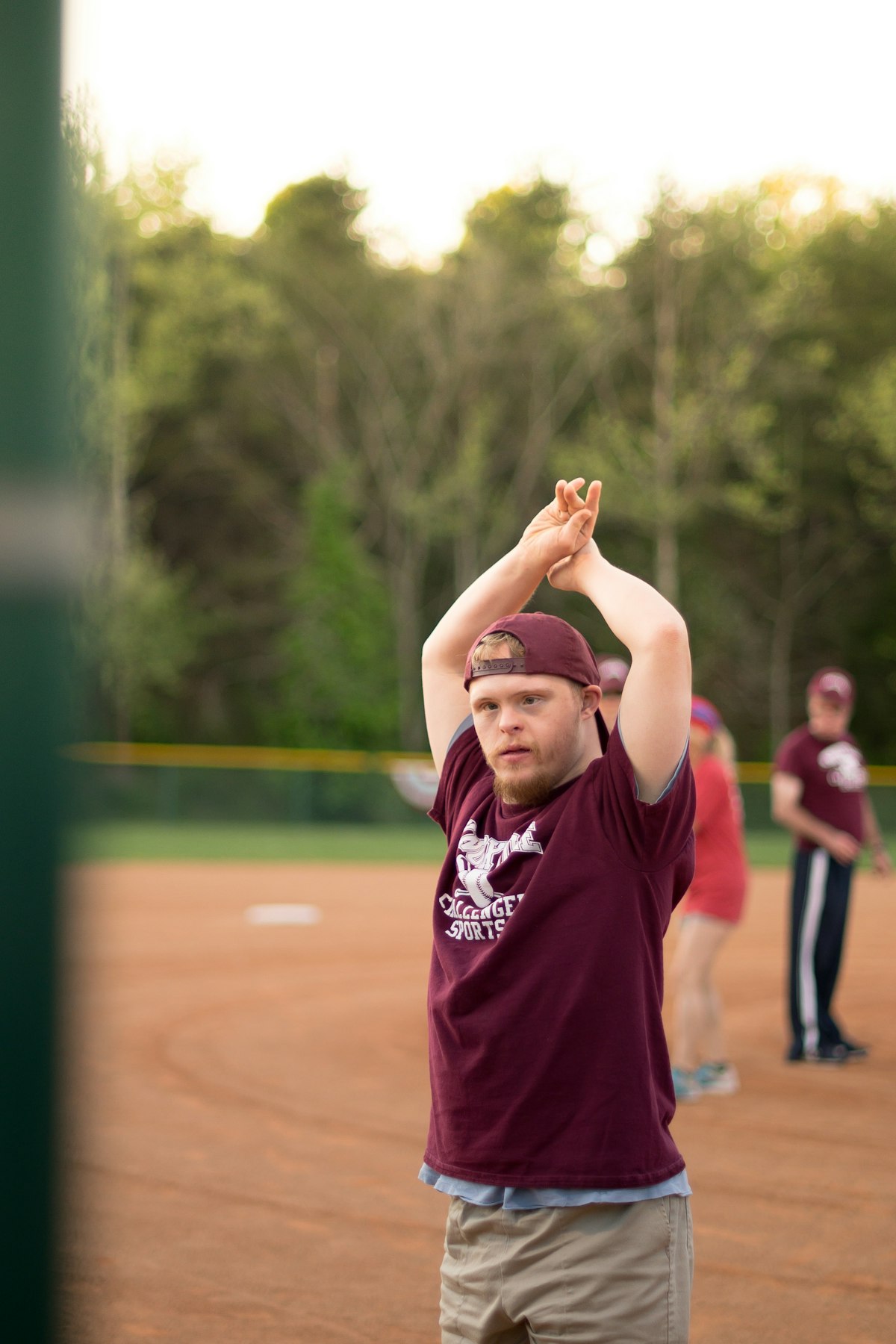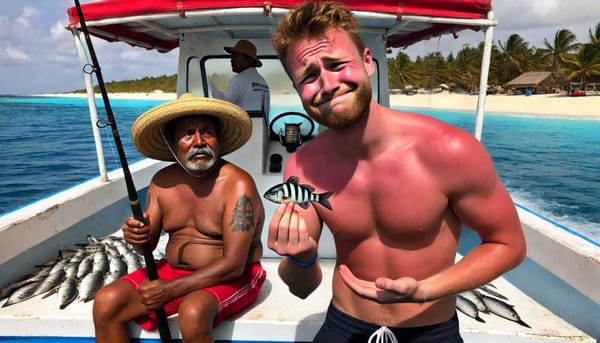Early stimulation promotes self-esteem in people with Down syndrome
More actions are still required for their inclusion. In Mexico, approximately 140 thousand people may have this condition. Several entities carry out research and projects to improve their quality of life. March 21, World Down Syndrome Day.

Although there are cases of people with Down Syndrome (DS) who stand out in various fields, for most of them there is still little respect for their human rights, difficulties in accessing educational instruction, a reduced number of specialists for their care, limitations in employment and also in coexisting with their peers, among other situations, according to Octavio César García González, a researcher at the Faculty of Psychology (FP) of the UNAM.
There are actors, models, businessmen, or directors with this condition who managed to make visible that early stimulation allows them to excel and achieve their goals. The expert from the Department of Neurobiology and Behavior notes that these cases are exceptional, such as that of Sofía Jirau, who works for an international women's underwear company. However, in general, this population has not been made more visible for inclusion.
When they are required to attend a public school they are not easily accepted, which creates a problem because there are also not enough teachers to teach them. This is also observed in their guarantees. "A person with Down's, in theory, should vote, but in these processes, they are usually accompanied by their parents or guardians, which can induce how to vote. The issue of marriage is also questioned: do these people have the right to a full life or not?".
In Mexico, there is a lack of an exact figure of the population with Down syndrome. In epidemiological works, it is estimated that there would be approximately 140 thousand, such as the one carried out by María del Carmen Sierra Romero "Prevalence of Down Syndrome in Mexico using live birth and fetal death certificates during the period 2008-2011", where 3.7 per 10 thousand live births were calculated.
Work for the better
UNAM experts carry out projects to help them and their caregivers. As an example, they are working in the Psycholinguistics Laboratory to try to understand why their language and other forms of communication do not develop correctly.
Garcia Gonzalez and his team seek to understand why they have an accelerated aging and a high predisposition to present Alzheimer's disease. In this sense, they are researching to establish if there are changes or indicators in children to foresee when they will present these problems.
At the National School of Higher Education in Leon, there is a group of dentists who specialize in patients with Down syndrome, because they have small necks, mandibular alterations, and thick tongues, which sometimes prevent them from opening their mouths properly. The goal is common: to contribute to a better quality of life.
Towards inclusion
Even today it is common that Down children are not allowed to live with family members at parties or gatherings, because their parents or guardians tend to hide them. In other words, there is still some fear and embarrassment about the fact that a person with this condition is part of the family. There is a lot of work to be done so that they can enjoy their rights.
On the occasion of World Down Syndrome Day, celebrated by the United Nations since 2012, people with Down syndrome have different levels of intellectual dysfunction: mild, moderate, or severe; those with better social performance are those who have the first one. But this does not imply that they should be pigeonholed to perform a certain job or attend a single type of school, as it has been proven that early stimulation favors their development, self-esteem, and the way they coexist.
"Some time ago we asked ourselves if a person with Down's, who has finished his or her studies and starts teaching in a high school or university: would parents who have children with a typical development leave their children with a teacher with an intellectual dysfunction?
It is a problem because despite having the conditions to stimulate or integrate them, it seems that society, in general, does not accept them," says the first-place winner of the National Research Network on Psychosocial Processes, Clinic, and Health.
For García González it is necessary to train more experts in therapies for people with neurodevelopment; increase the number of teachers in special education, as well as the number of specialized clinical or medical personnel.




